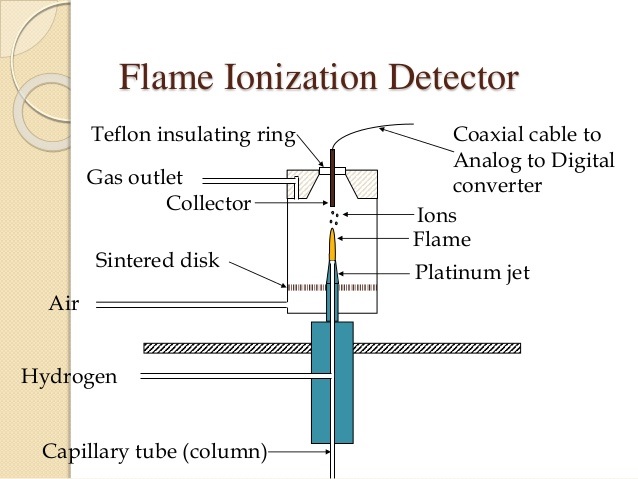A flame ionization detector (FIO) is a type of gas detector originally developed for use in gas chromatography. FIOs are effective for detecting hydrocarbons, and have a response that tends to be linear across a wide range of concentrations.


A flame ionization detector (FIO) is a type of gas detector originally developed for use in gas chromatography. FIOs are effective for detecting hydrocarbons, and have a response that tends to be linear across a wide range of concentrations.


Leave a Comment